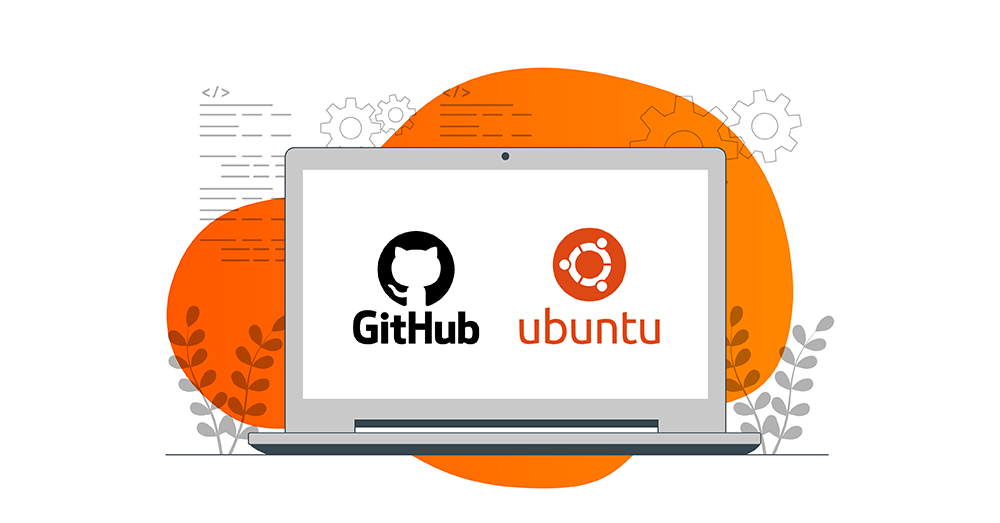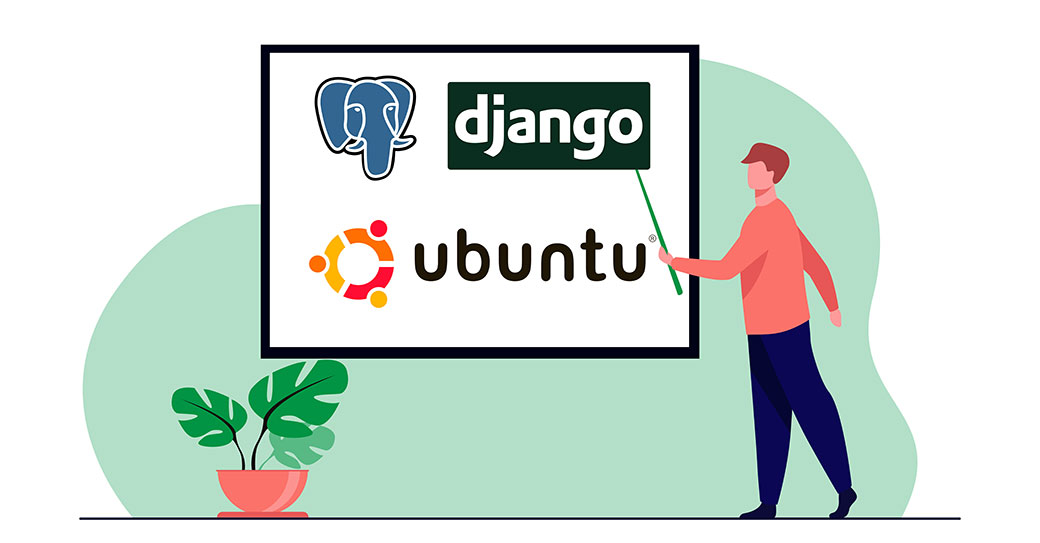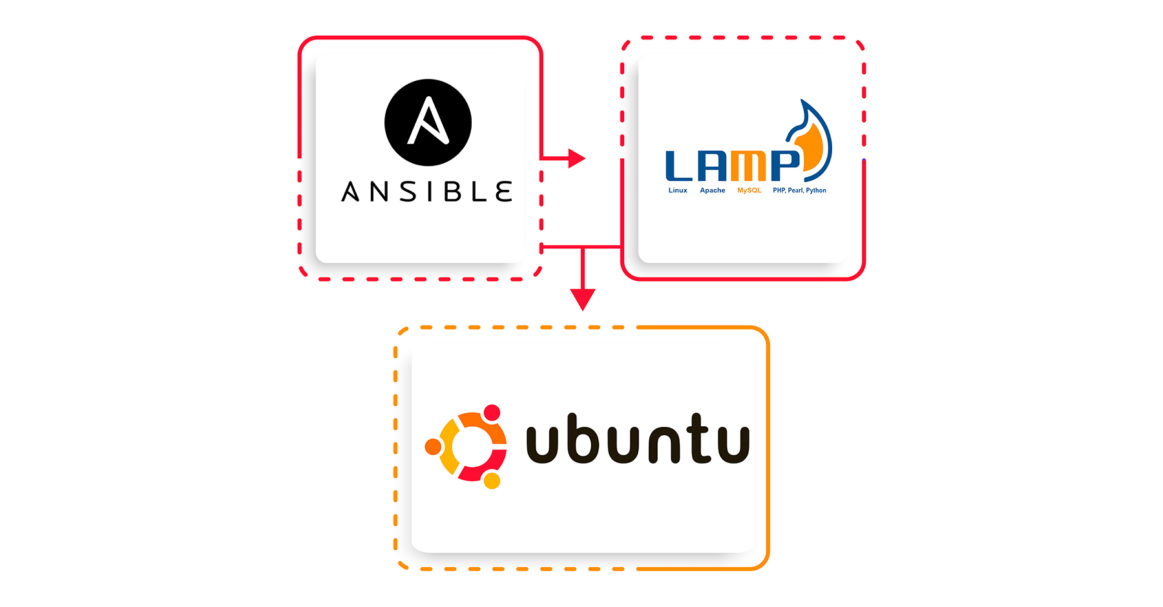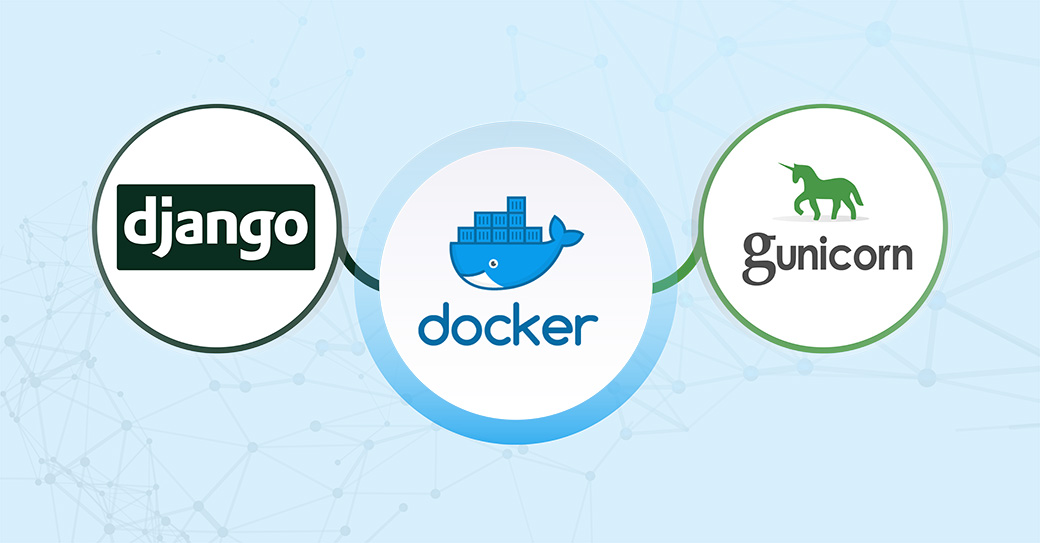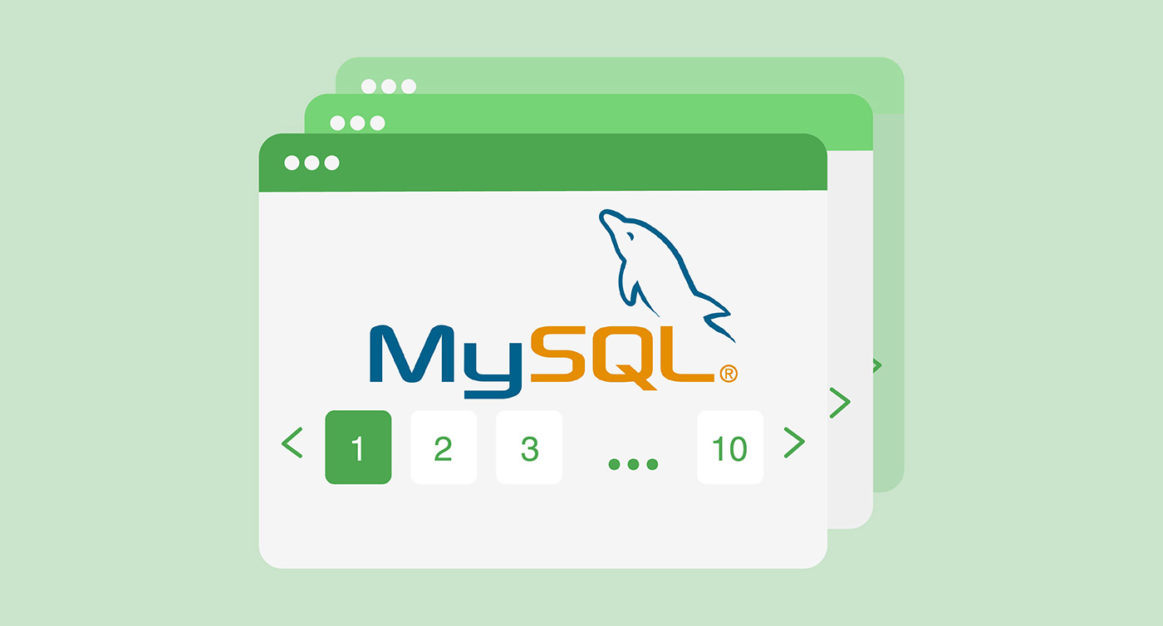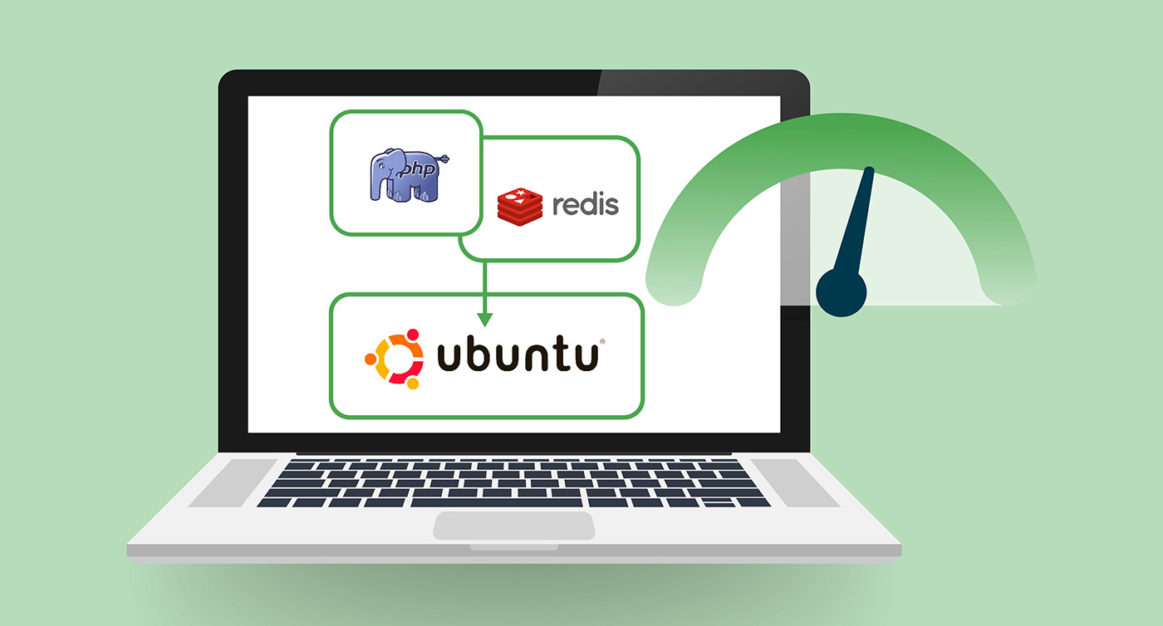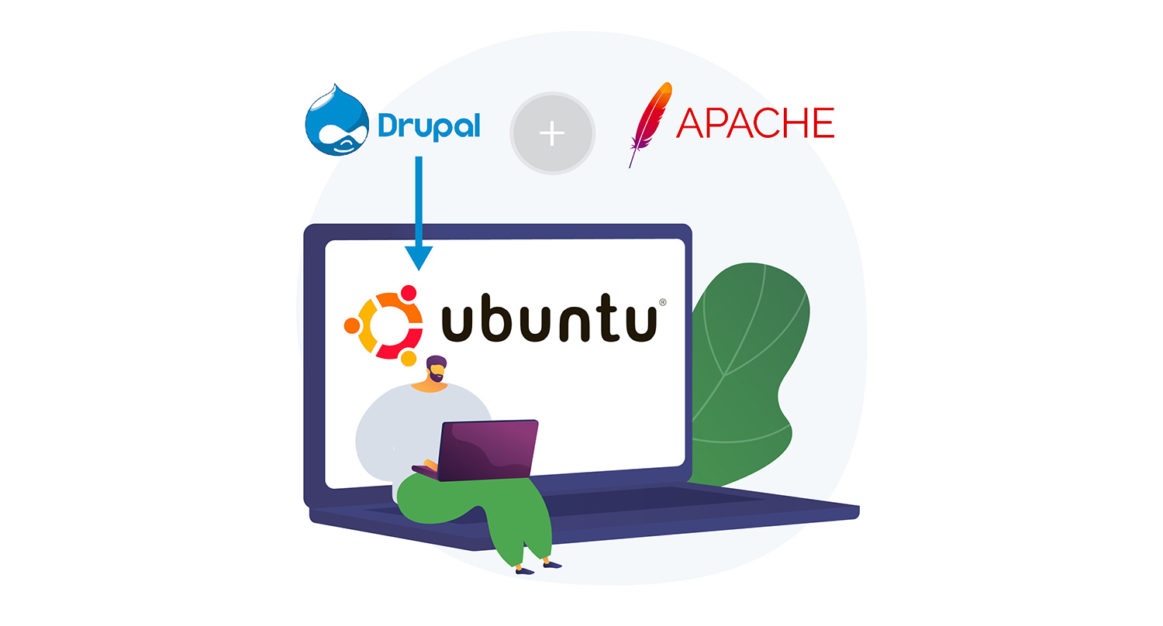Introduction Software Engineering is a fast-paced and competitive field. Rolling out your products to users faster will give you an edge over your competitors. On the bright side, industry best practices are in place to help companies have a level playing field. Continuous Integration and Continuous Development(CICD) is an example of a strategy that leverages industry best practices to give …
Using Ansible to Install and Configure WordPress with LAMP on Ubuntu
Introduction There are always times when we need to have new servers configured. This could be to distribute the workload or if we simply need more servers. When setting up new servers, users need to utilize server automation to configure them. This is done in order to minimize manual intervention. Ansible is one of the configuration management tools that can …
Using PostgreSQL with Django on Ubuntu 21.04 Server
Django is a well-known web framework that streamlines the process of creating robust, scalable, secure, and high-performance web apps. It’s an open-source project written in Python. You can check out more detailed information on Django here. Any web app requires a database as the backend to manage data. Django supports various database engines as the backend, for example, MySQL, PostgreSQL, …
Installing and Configuring LAMP on Ubuntu 20.04 with Ansible
Server automation is a secure and reliable process of managing and monitoring servers in an effective and tech-savvy way. Unlike the traditional style of managing servers at data centers controlled by a dedicated team of experts, all servers are managed using automation. As a result, human errors are minimized. Configuration management tools like Ansible, Puppet, Terraform, to name a few, …
Deploying a Go Web Application using Nginx on Ubuntu 22.04
Go is an open-source general-purpose programming language. It was inspired by the productivity of Python while offering the ability of C. It was originally developed by Google to tackle issues they were facing with their codebase (code complexity and long compilation time). Like any other modern-day programming language, Go is suitable for all sorts of purposes. For example, it could …
Building a Django and Gunicorn Application with Docker on Ubuntu
Django is a high-level open-source Python web framework that can help you build your Python application quickly. It encourages rapid development and clean, pragmatic design by following the model–template–views architectural pattern. Out of the box, the framework comes with the necessary modern application components such as user authentication, caching framework, object-relational mapper, URL Dispatcher, template system, and customizable administrative interface. …
Configuring Basic HTTP Authentication with Nginx on Ubuntu 20.04
Nginx is a free, open-source web server used for load balancing, buffering, and caching. Since its inception in 2004, Nginx has gained popularity for scaling web servers and reverse proxying. Due to its high performance and excellent capabilities to handle a large volume of connections, it is used to manage and control incoming traffic. How Does HTTP Authentication Work? In …
Installing Webmail Client with Roundcube on Ubuntu 20.04: A Tutorial
Roundcube is an open-source IMAP browser-based email client. It has gained popularity for supporting ACLs and utilizing AJAX (Asynchronous JavaScript and XML) technology. It has excellent features and end-to-end functionalities like email management, MIME support, and folder manipulation, to name a few. Besides, Roundcube offers message searching, spelling checks, calendars, and contact management seamlessly. Above all, it has a robust …
Automating Server Setup using Ansible and Ubuntu 20.04
Introduction Nowadays, servers need to be created and destroyed very frequently. That’s because, at times, servers get a lot of execution load while at other times the load reduces, hence wasting the system resources. A common example is eCommerce websites during the holiday seasons attracting a lot of traffic. When the nature of the application is to be scalable, there …
Applying Pagination to Display Multiple Records using MySQL with PHP on Ubuntu 20.04
Introduction Pagination is an important concept in building data-driven applications. When pulling out the records from the database, a large number of records may be fetched. For instance, when running the query for active users or users belonging to some specific location, a large number of users in hundreds or even thousands can be returned. Displaying this huge number of …
Implementing PHP Rate Limiting Using Redis on Ubuntu 20.04: A Tutorial
Redis, also called Remote Dictionary Server, is an open-sourced in-memory database. It is a data-structured storage system that runs on a server’s RAM, which is much quicker than the fastest Solid State Drive (SSD). As a result, Redis is very responsive and an excellent fit for rate limiting. Rate limiting restricts the number of times a user may request a …
Your Guide to Installing Drupal on Ubuntu 20.04
Introduction Drupal is one of the most preferred Content Management Systems(CMS) for running blogs and managing enterprise content. Developers and businesses prefer it because of its robustness and usability. It is very customizable and it can be extended to implement a wide variety of use cases. In this tutorial, we will demonstrate how to install Drupal on Ubuntu 20.04 with …






